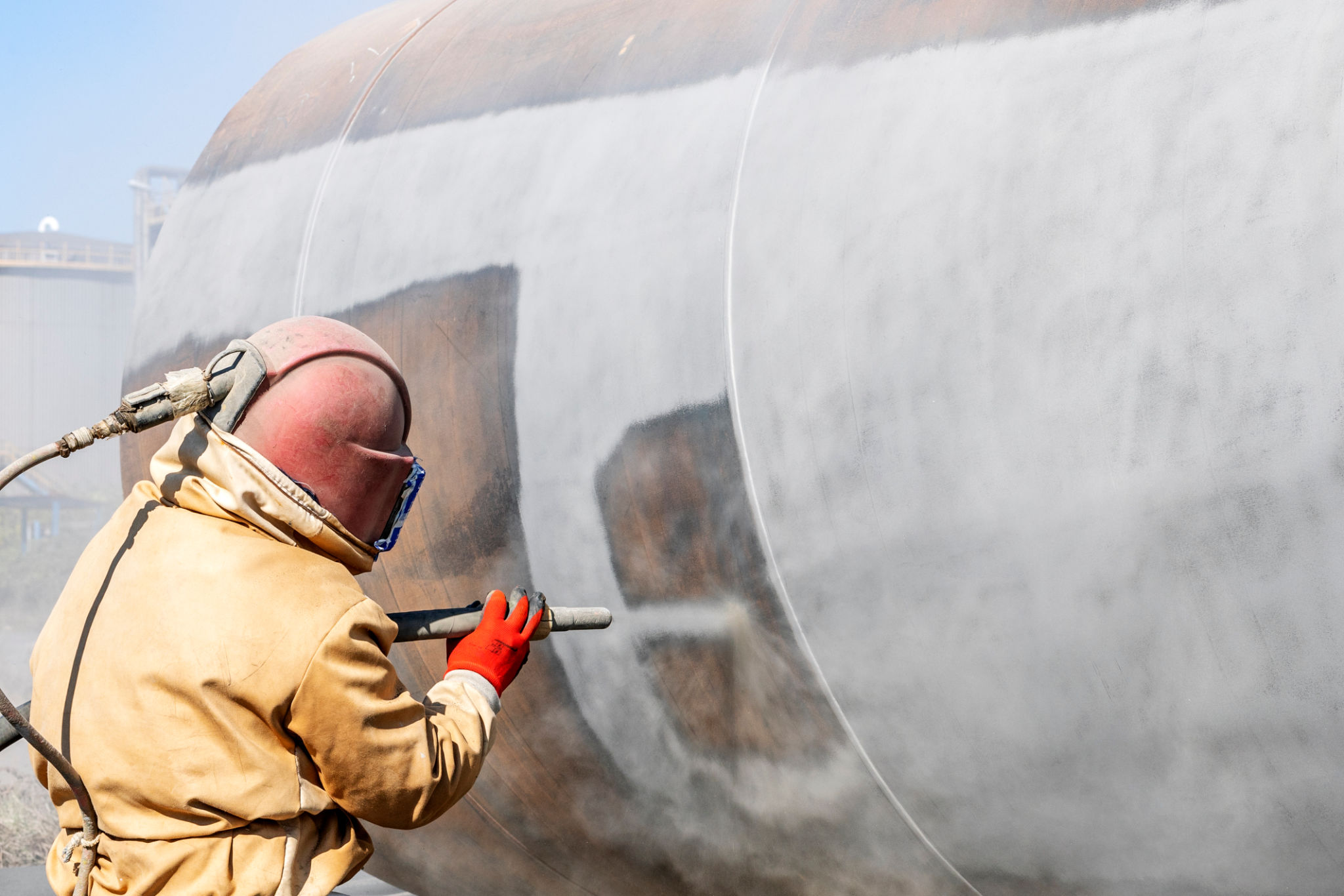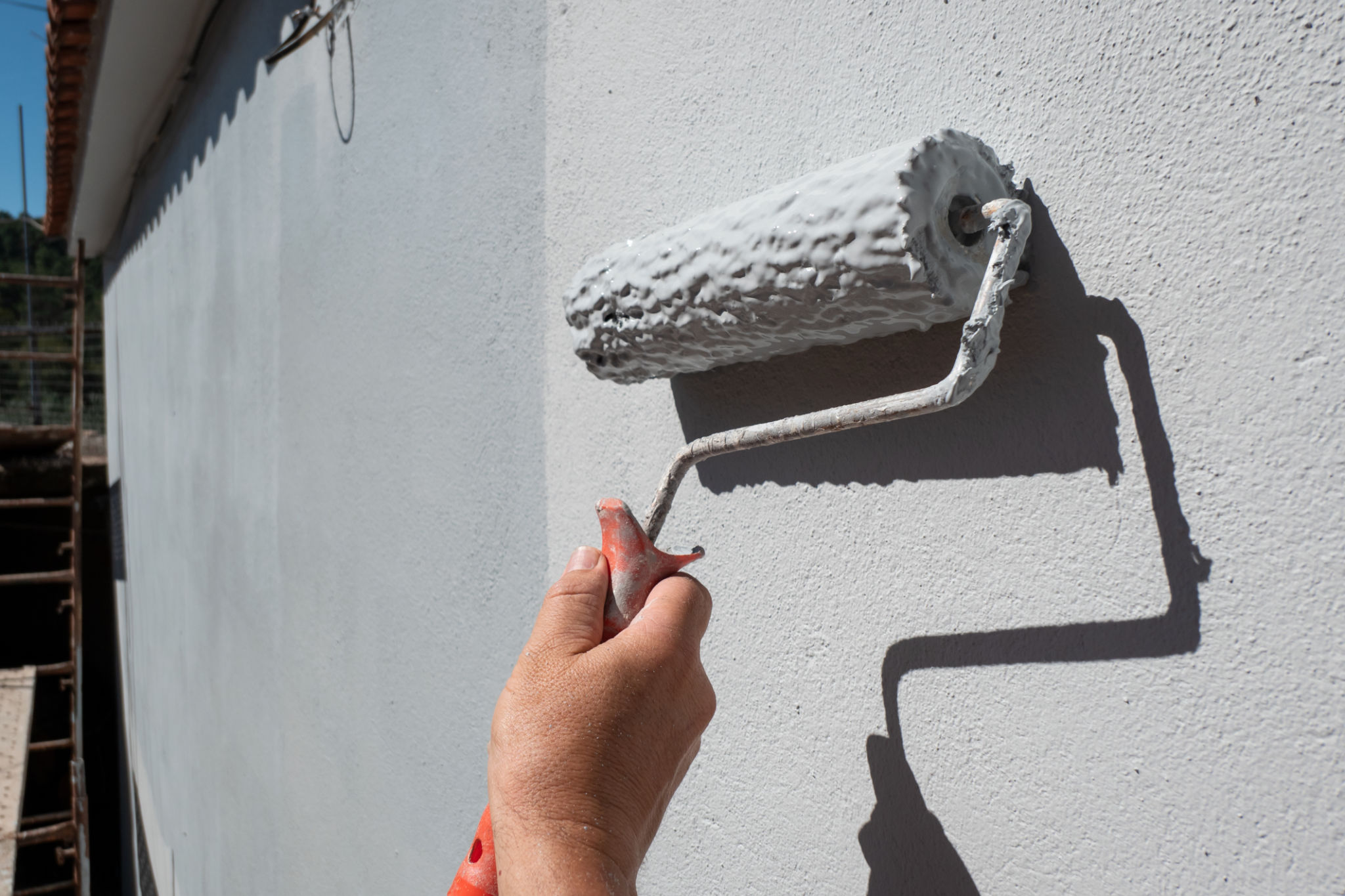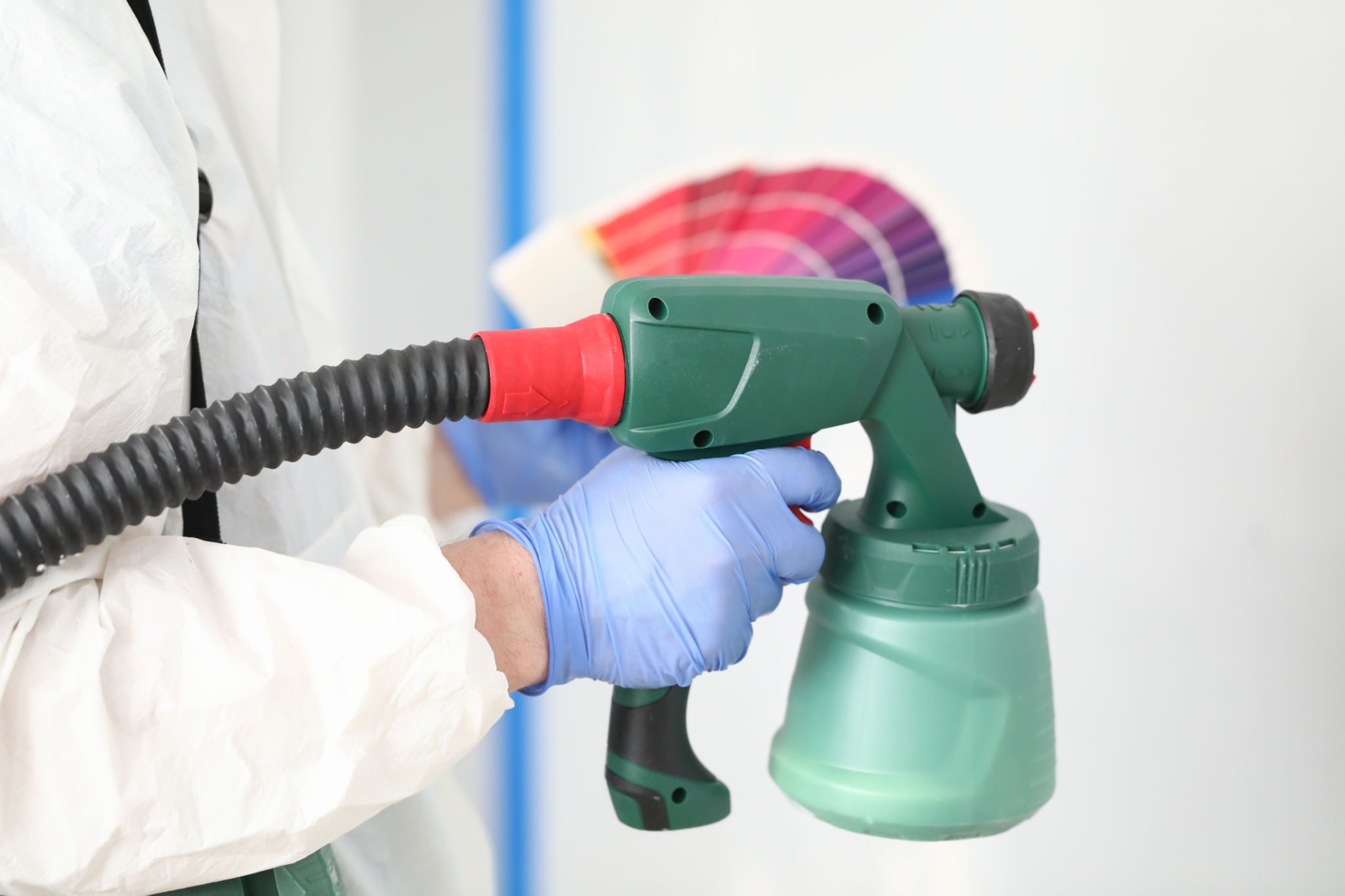Common House Painting Mistakes and How to Avoid Them
Introduction
Painting your house can be a rewarding project, providing your home with a fresh look and feel. However, it's easy to make mistakes that can result in a less-than-perfect finish. Understanding common painting pitfalls and how to avoid them can save you time and money, and ensure a professional-looking result.
Skipping Surface Preparation
One of the most common mistakes people make is skipping or rushing surface preparation. Properly cleaning and priming the surface is crucial for paint adhesion. Dirt, grease, and old paint can prevent new paint from sticking properly.
Tip: Always start by cleaning the walls with a mild detergent and water. For older surfaces, consider sanding and applying a primer to ensure even coverage.

Choosing the Wrong Paint
Selecting the wrong type of paint for your project can lead to disappointing results. Interior paints are not designed for exterior surfaces and vice versa. Using the right paint for each application ensures durability and the desired finish.
Tip: For exterior projects, use weather-resistant paints that can withstand the elements. For interiors, consider paints that are easy to clean and have low VOCs for better air quality.
Ignoring Weather Conditions
Weather plays a significant role in outdoor painting projects. Painting in unfavorable conditions like high humidity or extreme temperatures can cause the paint to dry too quickly or not adhere well.
Tip: Check the weather forecast before starting your project. Ideal conditions are dry days with moderate temperatures. Avoid painting in direct sunlight or when rain is expected.

Using Low-Quality Tools
Investing in quality brushes, rollers, and painter's tape can make a significant difference in your results. Low-quality tools can leave streaks, uneven finishes, and bristles embedded in your paint.
Tip: Spend a little extra on high-quality tools. They will not only last longer but will also provide a smoother, more professional finish.
Applying Too Much Paint
It's tempting to apply thick coats of paint to speed up the process, but this can lead to runs and drips. Multiple thin coats are more effective and produce a better finish.
Tip: Apply paint in thin, even layers, allowing each coat to dry completely before applying the next. This approach ensures a smooth and durable finish.

Neglecting Cleanup
Once painting is done, it's easy to forget about cleanup. However, cleaning your tools promptly extends their life and prepares them for future projects.
Tip: Clean brushes and rollers with water for latex paints or mineral spirits for oil-based paints immediately after use. Properly store leftover paint for touch-ups.
Conclusion
Avoiding these common house painting mistakes can make your project more efficient and your results more satisfying. With proper preparation, the right tools, and attention to detail, you can achieve a beautiful, long-lasting finish that enhances your home’s appearance.